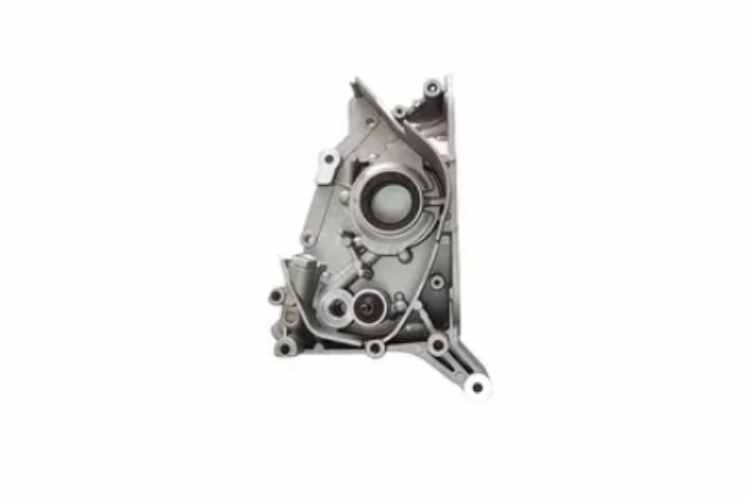There are several terminologies in the oil pump and gas sector that you’ll need to know to work on projects in the industry, including acronyms and industry jargon. By now, you should be familiar with terms like “Derrick,” “Blow out Preventer,” “Big Bear,” and others. Well decommissioning, comprising plugging and removal of well equipment, storage tanks and other related infrastructure. Surface remediation is another option.
Name:
Society of Mechanical Engineers of the United States More than 100 nations recognize the ASME’s regulations and standards for mechanical engineering as a legitimate art, science, and profession. Regarding flanges and flanged fittings, ASME B16.5 covers everything from pressure-temperature ratings to materials and dimensions to markings and testing.
Big Bear:
An unusual phrase in the oil and gas industry. A large bear is an oil rig hitch lasting at least 50 consecutive days.
BOPD:
Daily oil production is measured in barrels. A bean choke or fixed choke may be attached to or near a Christmas tree to regulate the flow of liquids.
Casing:
- Wellbore lining: a steel pipe anchored in place with cement.
- A tree decorated for the holidays
- Valve and fitting assembly used to control oil pump.
Condensate:
Natural gas liquid hydrocarbons were collected using surface separators. Natural gas and distillate are other names for it.
The String Drill:
Drilling fluid and torque are sent to the drill bit via a column or string of pipes (through mud pumps).
Derrick:
In oil and gas drilling, a tapering tower with an open steel structure is used to support the equipment lowered into the hole.
Drought Hole:
It is a well that has been drilled but has not produced substantial amounts of crude oil.
Downstream:
The last step of the oil pump and gas production process is the downstream industry (upstream, midstream, downstream). It includes refinery, petrochemical, and distribution processes.
Elephant:
An oil field the size of an elephant typically has more than 100 million barrels of recoverable oil.
Finger:
Those who have spent a significant amount of time in the field but aren’t quite ready for the next step are known as “Fingers.” Drill Finger and Frac Finger are examples.
Gusher:
A high-pressure oil well that spews oil into the atmosphere. Improved drilling techniques have made this less prevalent.
Hydrocarbons:
Gases, liquids, and solids all exist in various states of this naturally occurring organic molecule composed of hydrogen and carbon. Coal, Bitumen and Asphalt are just a few examples of hydrocarbons that may be found in the atmosphere.
HPU:
Hydraulic Power Units (HPUs). A clamshell casing cutter or a flange-facing machine are two examples of in-situ machining equipment powered by such a unit.
Casing in the Middle:
After the surface casing and before the production casing is a casing string. Because of the varying densities of drilling fluids that the intermediate casing string allows, weak or unusually pressurized rocks may be protected against collapse.
Basket of Rubbish:
Expanded metal sides enable you to view what’s within the enormous rectangular steel box. Drill bits, crossover subs, lifting subs, and other tiny drilling rig components are stored in the garbage basket by the rig workers.
Drive Kelly:
This good drilling gear uses three, four, six, or eight-sided pipes. The outside surface of the pipe is splined or has a spline pattern.
Kill-weight Mud:
A chemical keeps the well from blowing up or losing control. Often manufactured by adding barite or hematite to part of the mud in the system to make it heavier.
LNG:
Liquefied Natural Gas abbreviation. In this case, the liquefied gas is a mixture of methane and ethane. It is the best option when a pipeline isn’t accessible to transfer gas to a market, such as in distant places.
Conclusion:
A high-level, informal reference tool for learning oil pump and gas industry vocabulary is the goal of the oil pump and Gas Terms. As a result, it should not be relied upon or utilized in creating contracts, investment choices, or reports as a final, definitive reference.


